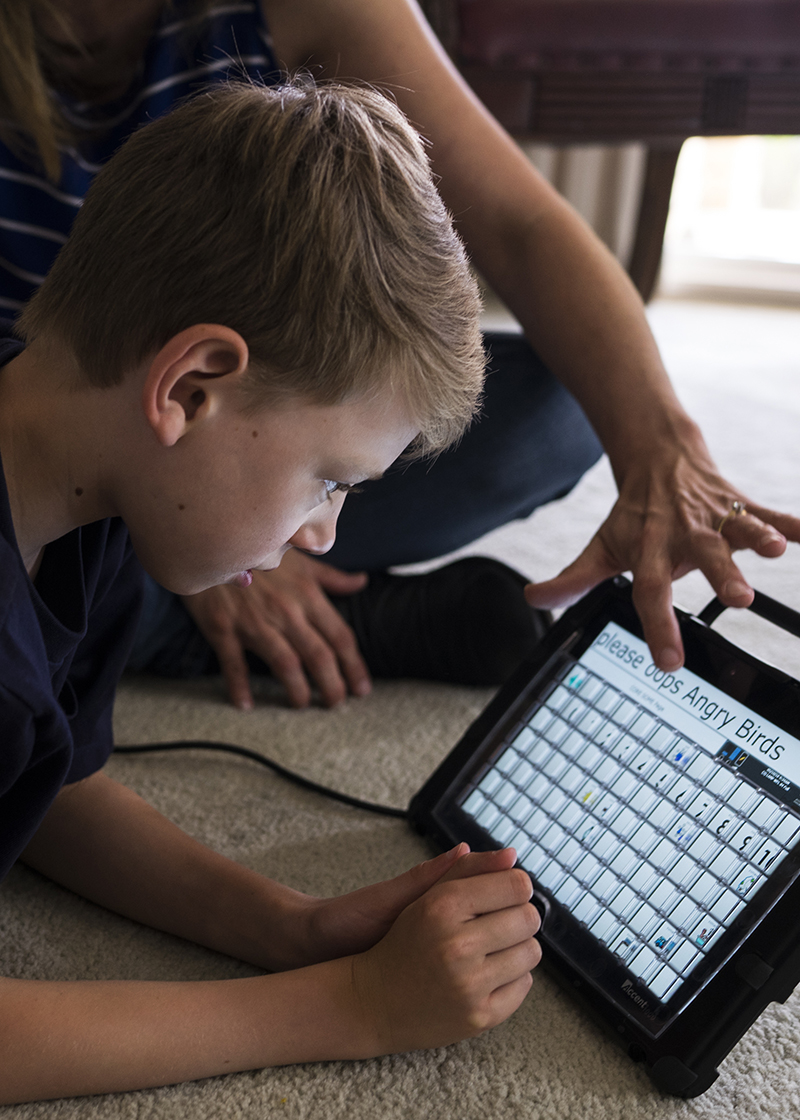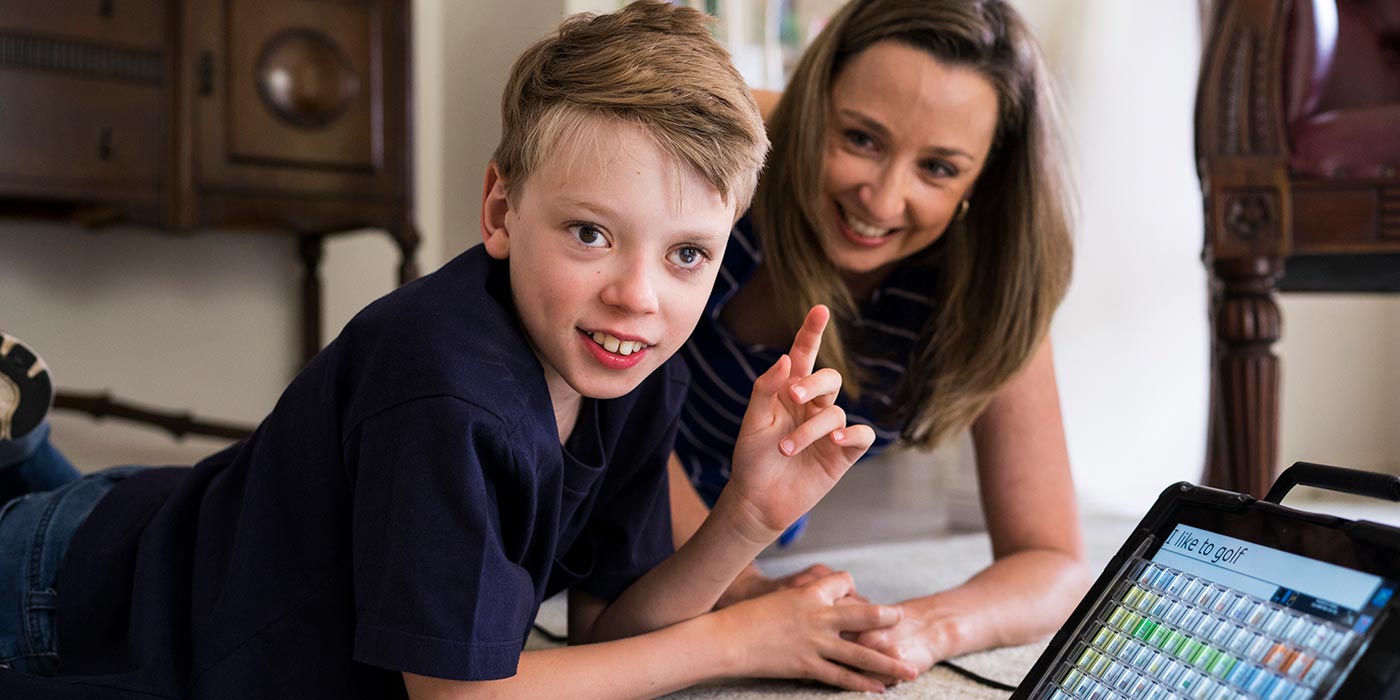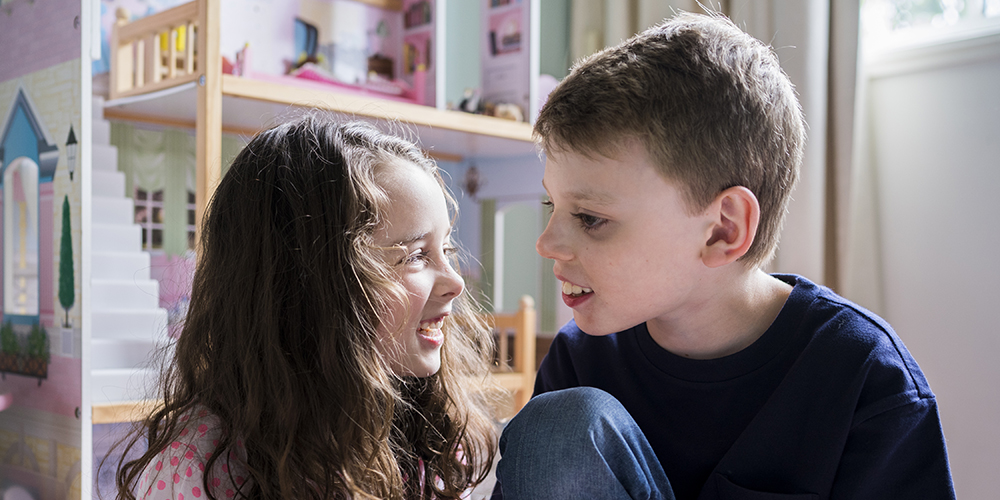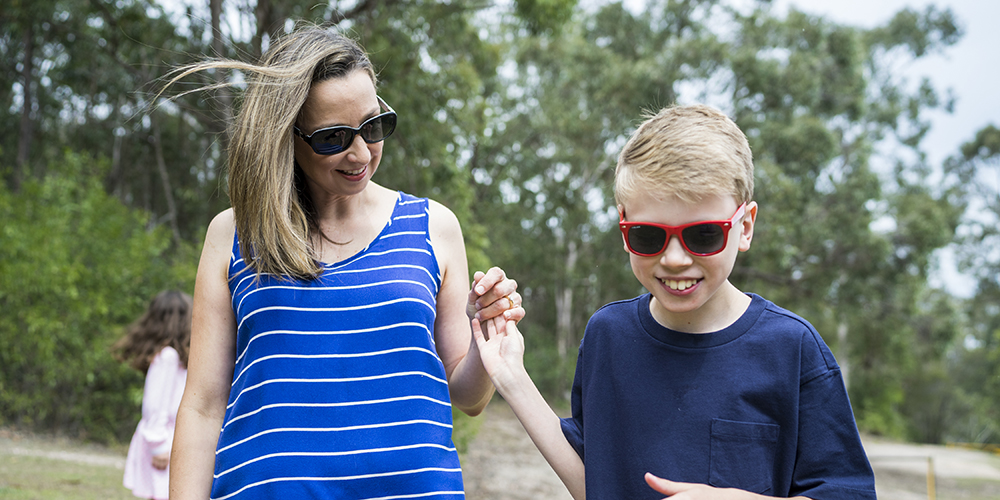Being able to communicate effectively is one of the most important skills we have – it allows us to convey our thoughts, emotions, intentions and objectives as well as helps to make connections with those around us.
Whether it’s telling someone how you feel, asking for help or simply having a conversation with your friends, many of us don’t stop to think how heavily we rely on verbal communication.
One in seven Australians has a communication disability which affects their ability to listen or speak (ABS, 2015).
Complex communication needs come in many forms. It can mean you have trouble understanding what others are saying, or you have difficulty articulating or expressing yourself, or you cannot speak but have found other ways to communicate.
For these people, it can be difficult to be heard and understood by the people around them.
We know for children and adults with complex communication needs, being able to voice thoughts and feelings is often a long and costly process. Jane Board is mother to two children, Charlie and Ellie. Charlie has cerebral palsy and a visual impairment.
“My son Charlie wasn’t able to speak until he was eight years old,” said Jane.
“The hardest thing was not knowing what he was trying to say. It wasn’t the requests for things like food or a toy, those were pretty easy to work out. It was the fact that he couldn’t comment on things or tell us how he felt or share a joke with us.
Charlie is ten years old now and has an Accent speech-generating device with the LAMP Words for Life program which has picture symbols to say words. This is used to improve Charlie’s communication, rather than replace it.
“Now that he is learning to express himself, he is using his voice as much as possible,” Jane said.



